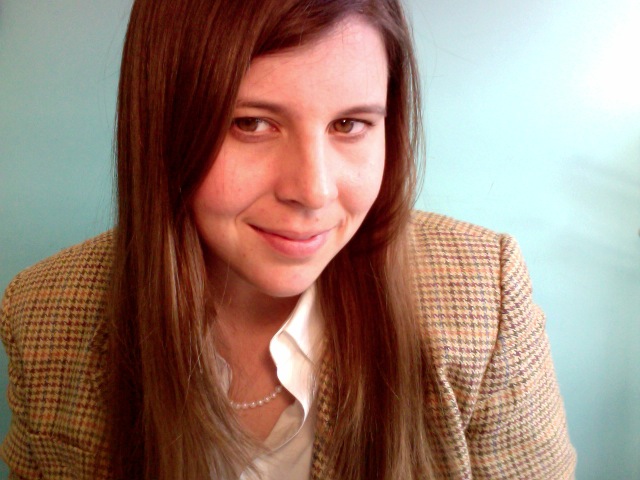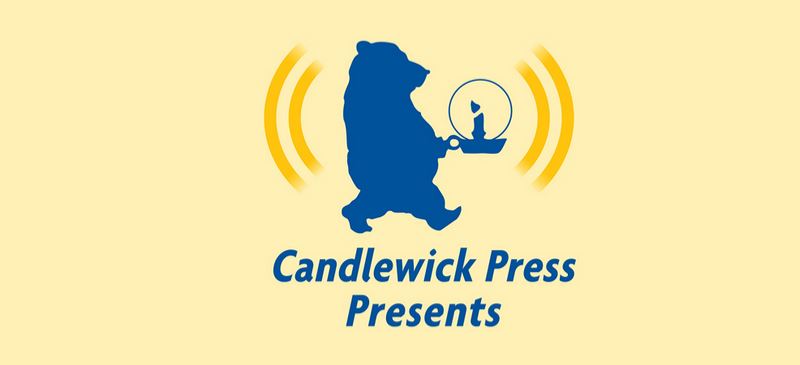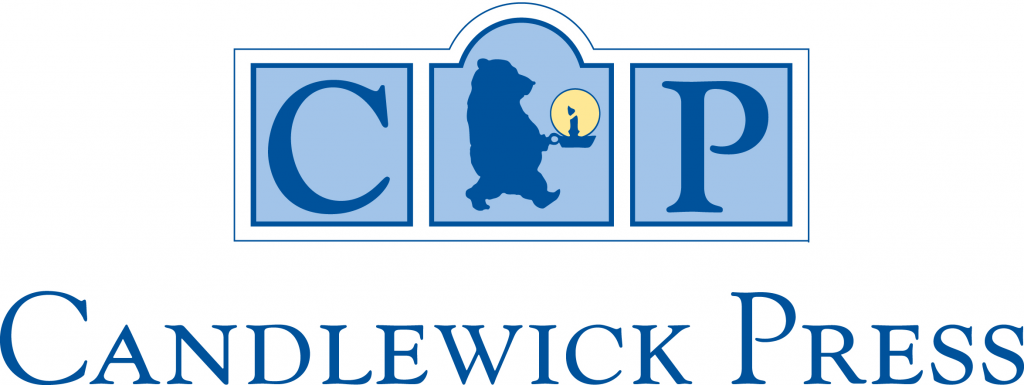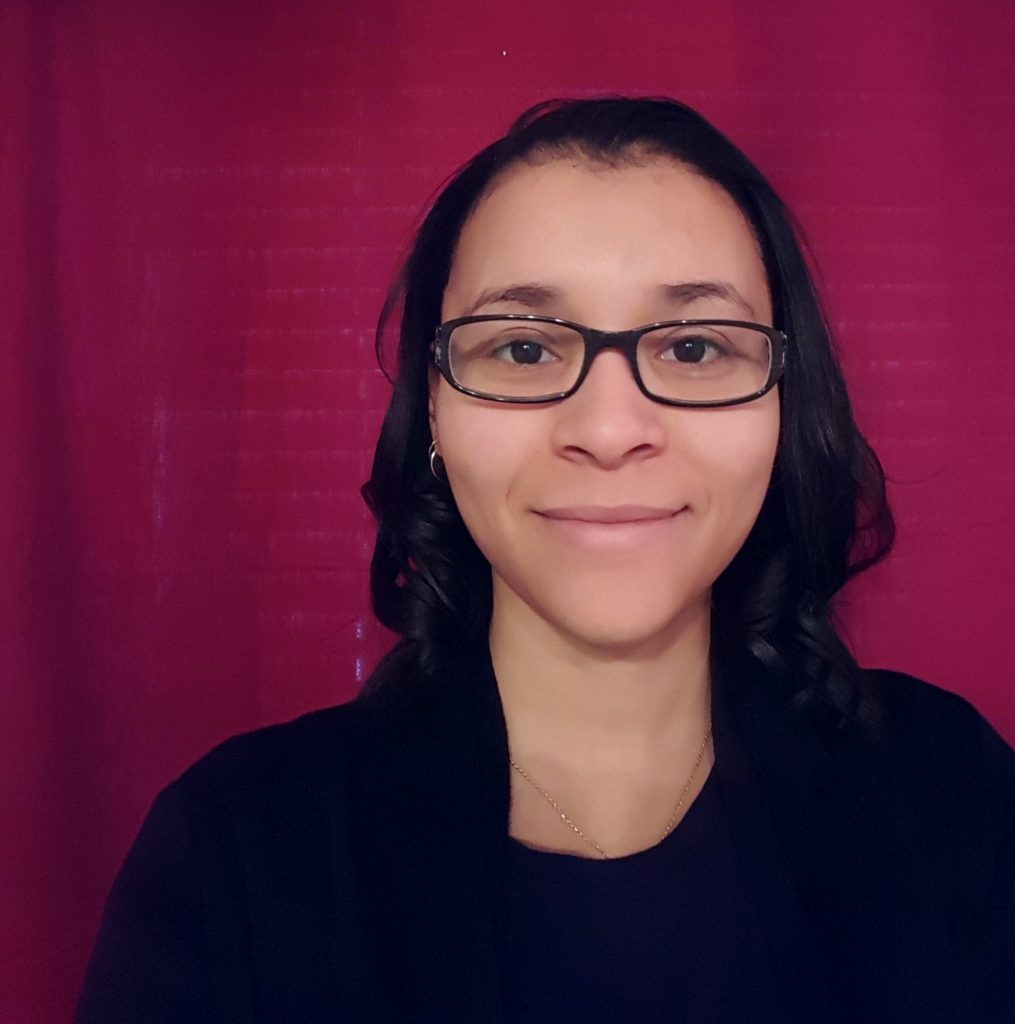Literary agents bridge the space between editors and authors, working with both to shepherd great books into the world. Because they work closely with both editors and authors, they have a unique vantage point within the industry. They know what editors expect, and how authors can best set themselves up for a successful working relationship. Here’s what the Nancy Yost Literary Agency’s Senior Agent Sarah Younger wishes every newly signed author knew:
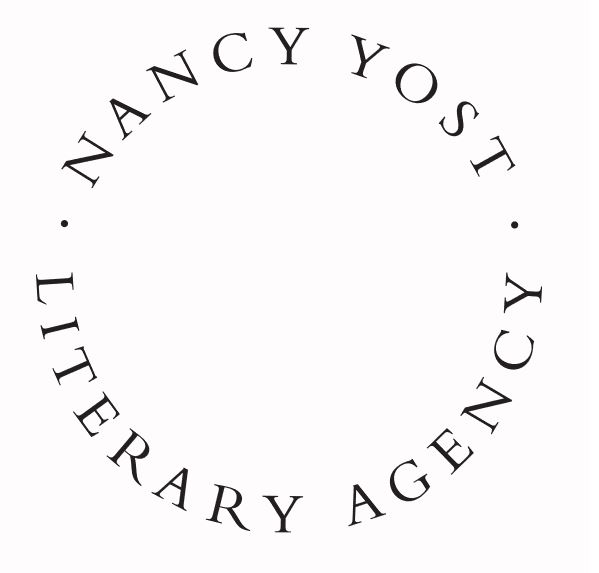
1. You don’t have to be on every social media platform known to man
In fact, for fiction, you don’t have to be on social media at all. Sometimes publishers like to see authors supporting their book publishing efforts through social media, but you don’t need to have a robust following while you’re in the querying stage. You may not even need to have a big social media footprint when or even after your book is sold. Social media can become overwhelming, take away from writing time, and be a source of frustration to authors who aren’t innately inclined to visit the platforms. This is okay. However, social media can be a place where you find community and friendship. It can also be a way to communicate with your fans and readers, not to mention a fun way to support your books. Ultimately, when it comes to social media you have to find your own personal comfort level. If it doesn’t feel natural, don’t force it.
2. Get ready for edits
Yes, the author has the final say on their story, and their writing, and their book. But you should be prepared to work with your agent on possible revisions before manuscript submissions and know you’ll eventually get feedback and edits from an editor, copy editor, possible beta readers, and critique partners. They all want to help make your work stronger. And help you tell the story you want to tell. I know that the first response writers have when faced with revisions is not always LET’S GET TO WORK, but having a good attitude about those revisions will go a long way in establishing and preserving a great working relationship with the enthusiastic team behind you.
3. Create an author website
While you don’t need to be on social media, I do think it’s a good idea for authors to have an author website. It doesn’t have to be fancy or expensive, but having a place with your pen name, or your real name, and a bit about your books or your works in progress will be helpful when your readers want to find out more about you, your books, and your future projects. Before you shell out money for a website domain though, be sure that it is the name you really want to use. I advise using your name or pen name as your domain name. But, if that name is already taken, think about adding book-related words to the end. For example, if my name was taken, I would try adding “books” or “novels” or “author” or “writer” on the end to see if that domain is available instead, like this: sarahyoungerwriter[.]com
4. Explore professional organizations.
Joining a professional organization could be a great way to find community and educational resources. However, membership fees are typically involved with these organizations, so know that this isn’t a requirement for your success. But, if the budget’s there, I advise authors to look into professional organizations in their genre of choice. (If they’re writing across genres, it can be helpful to be part of multiple organizations.) For example, I work with a lot of romance authors, so RWA (Romance Writers of America) is a helpful professional organization for romance writers, both published and unpublished.
5. Expect and prepare for rejection. This industry is not for the faint of heart. An author and agent will see and experience many more rejections than offers and success stories, particularly when they are starting out. However, receiving a rejection, or multiple rejections, doesn’t mean that this career isn’t for you. Just keep swimming! (Yes, I appropriated that quote from Dori.) But it’s true, just keep moving forward. Just keep writing. Just keep going. It only takes one YES!

